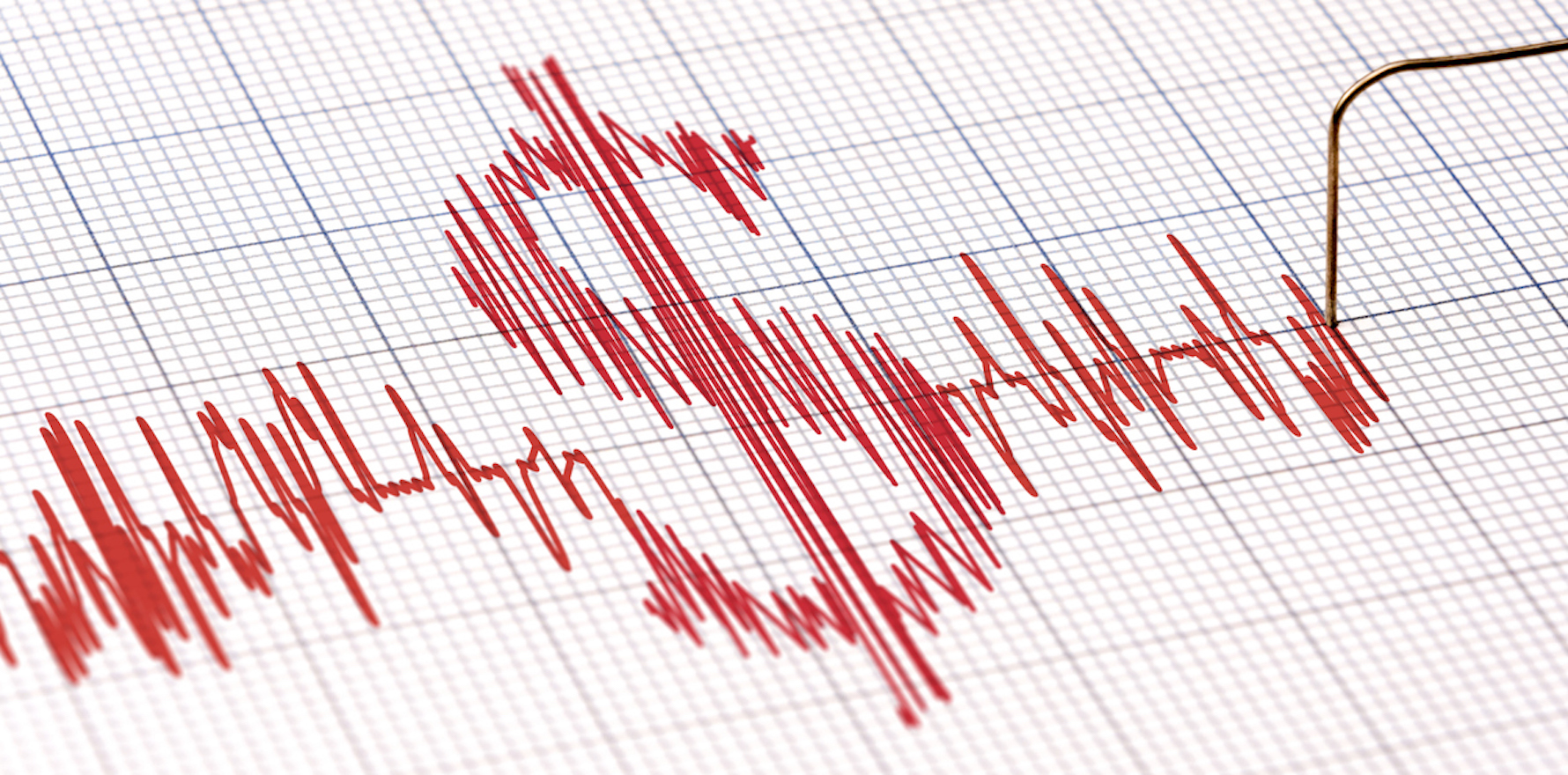A proposed addition to the MBS would allow GPs to request a CT coronary angiography for specific patients without having to go through a cardiologist first.
Four years after the Medicare items for GPs to interpret electrocardiograms were cut, the Department of Health and Aged Care is looking at making more changes to the way heart health is managed in primary care.
This time, it might not be so negative for GPs.
The proposed item number would allow GPs to directly request CT coronary angiographies in order to rule out coronary artery disease, without having to refer to a cardiologist first.
Only patients who are not known to have the disease, have stable atypical symptoms and a five-year Australian Absolute risk of cardiovascular event of 10% or more would be eligible.
In its response to DoHAC’s proposed GP item number, the RACGP said it would prefer to see the item descriptor comply with the new Australian cardiovascular risk calculator’s definition of intermediate and high risk, which has a lower cutoff of 5% or more.
The college also took issue with the terminology, stating that “stable” and “atypical” were hard to define in a clinical sense.
Instead, it recommended that the criteria simply note that an outpatient referral for CT coronary angiography was not the test of choice for someone presenting with acute coronary symptoms.
GPs would only be able to claim the item once every five years following a CT coronary angiography that did not detect coronary artery disease.
If a CT coronary angiography item sounds familiar, it’s because it was originally proposed by the Cardiac Services Clinical Committee and endorsed pending Medical Services Advisory Committee approval back in August 2018.
Related
At the time, the cardiac services committee recommended MSAC consider MBS funding for calcium scoring as a priority and keep Australia in line with international developments in risk factor assessment.
The UK’s NICE guidelines have recommended the use of CT coronary angiograms as the first-line investigation in all patients with angina symptoms – as well as those who are asymptomatic but with suspicious EKG changes – since 2016.
A 2022 study testing the feasibility of a GP-led CT coronary angiogram-first strategy in a stable chest population status in the UK found that it could hypothetically reduced time-to-diagnosis by a median of 27 days.
The paper did note, however, that such a strategy would result in an increase of incidental findings.
There were some minor adjustments to CT angiography items made in late 2020, but these were related to angiographies of the pulmonary arteries.





